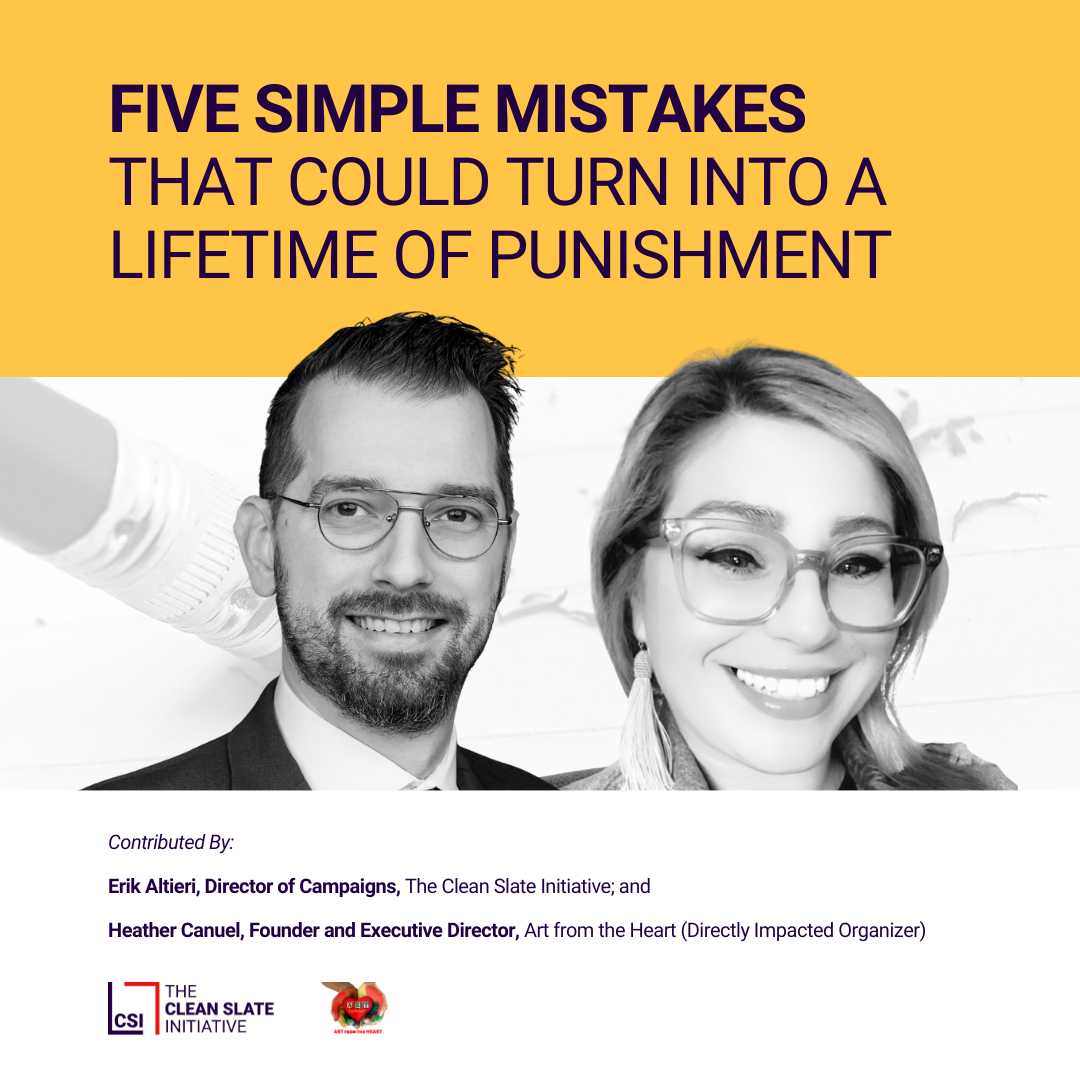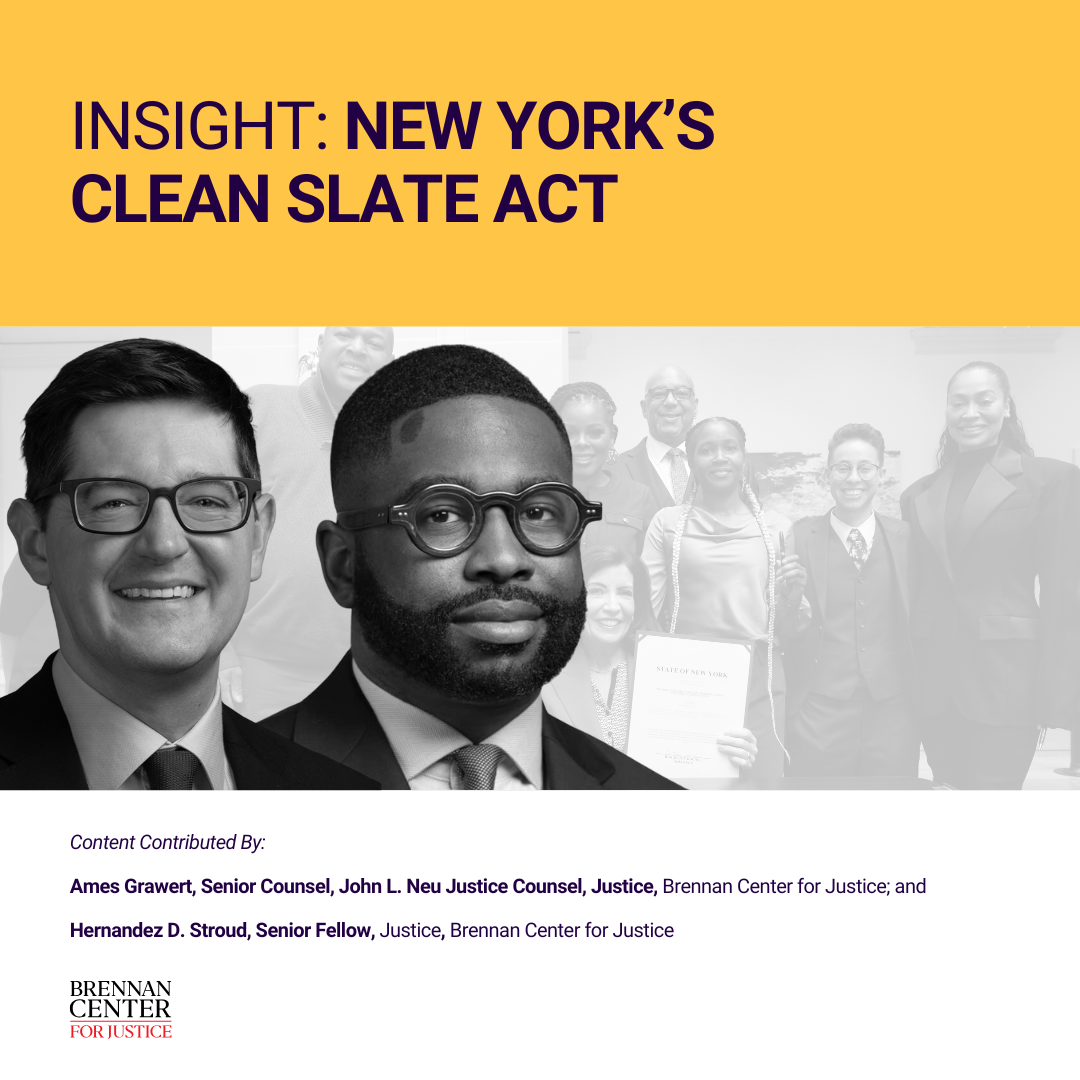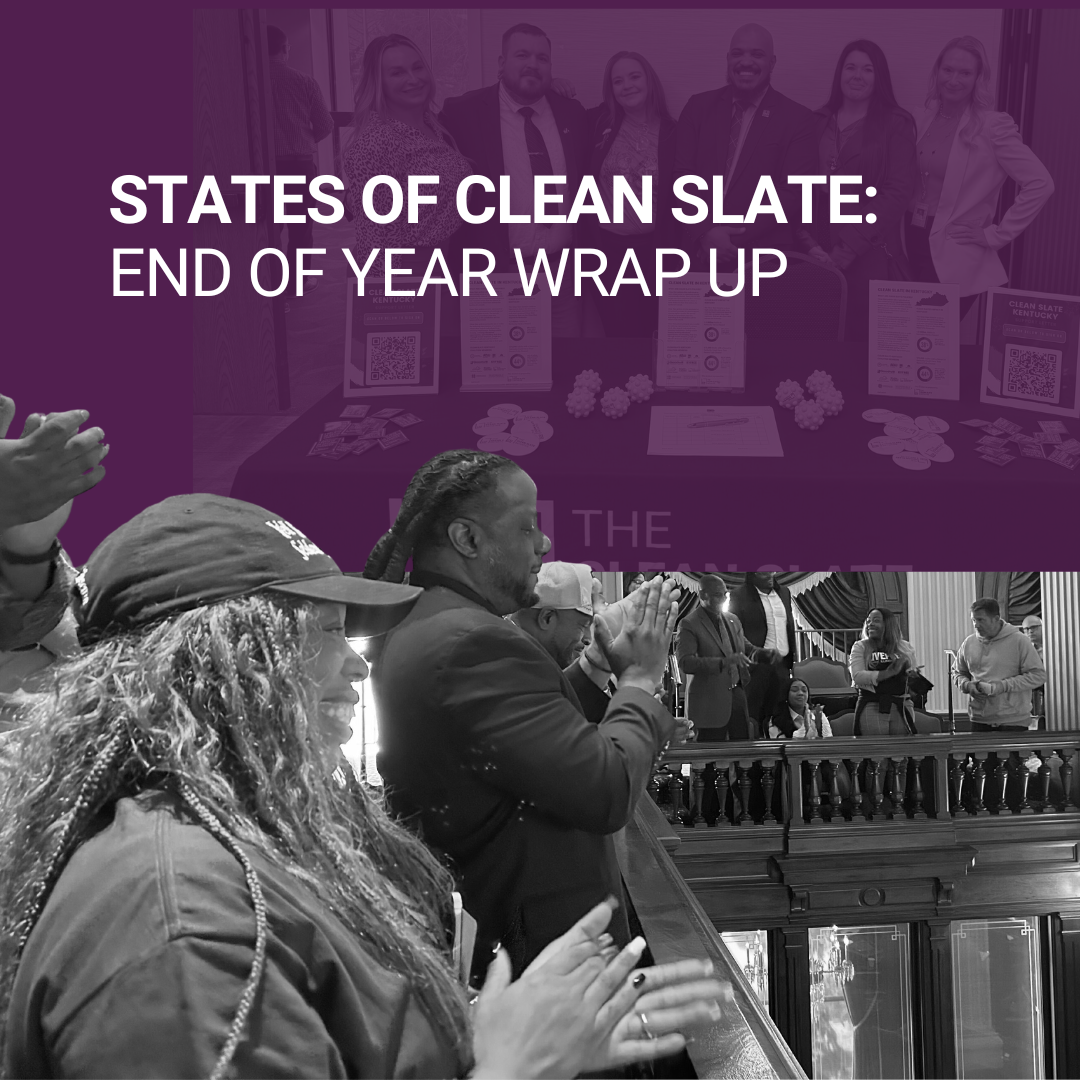Three Ways Clean Slate Could Save States Money & Resources

When states invest in Clean Slate policies, they’re not just expanding opportunity — they’re potentially saving money and resources. By helping more people return to the workforce, reducing costly recidivism, and streamlining outdated systems, Clean Slate delivers both social and economic returns. Instead of spending tax dollars to maintain barriers that don’t make communities safer, states can unlock efficiencies that strengthen budgets and public trust.
Here are three key ways Clean Slate helps states save:
1. It Boosts Employment, Increasing Tax Revenue and Reducing Reliance On Public Benefits
Clean Slate helps more people reenter the workforce. In fact, a University of Michigan study found that within a year of having their record cleared, individuals were 11% more likely to be employed and saw a nearly 23% average increase in income. That kind of second chance can boost tax revenue, reduce reliance on public benefits, and strengthen local economies. What’s more, when qualified individuals with old records can access steady jobs, they have a fair shot at supporting their families without relying on public benefit programs for the support they need.
“People experience a sharp upturn in wage and employment trajectories following expungement, with estimates suggesting a roughly 23% increase in wages within a year.” — Prescott & Starr, University of Michigan Law School
2. It Can Reduce Recidivism, Saving Taxpayer Dollars and Criminal Justice Resources
The more barriers people face to rebuilding their lives after breaking the law, the more likely they are to end up back in the system. Building and maintaining barriers to a second chance costs states money and does nothing to reduce crime rates. Instead, Clean Slate breaks that cycle by sealing outdated records that hold people back from meeting their basic needs while preserving law enforcement’s access to data they need. It reduces recidivism, saves taxpayer dollars, and does what matters most: keeps communities safe.
“After a certain point, the risk of a new offense for someone with a record is similar to that of someone who has never offended.” — Blumstein & Nakamura, Carnegie Mellon University
3. It Increases Administrative Efficiency and Frees Up Government Capacity
Today’s petition-based systems are confusing, expensive, and out of reach for most people — even when they’re eligible for a second chance. Clean Slate policies replace paperwork with technology that brings our legal system into the 21st century.
“Only 6.5% of those eligible for expungement obtain it within five years — in part because the process is burdensome, expensive, and opaque.” — Prescott & Starr, University of Michigan Law School
“Nationwide, only a small fraction (less than 10 percent) of those eligible for relief actually received it.” — Chien, UC Berkeley School of Law
.avif)
.avif)

.png)



